Coriander, also known as cilantro or Chinese parsley, is a flavorful herb that has been celebrated for its culinary and medicinal uses throughout history. With its vibrant aroma and unique taste, coriander adds a delightful touch to various dishes. In this SEO-friendly article, we will explore the origin, nutritional profile, health benefits, ways to incorporate coriander into your diet, and important precautions to consider.
What is Coriander?
Coriander refers to both the herb’s leaves (cilantro) and its seeds. It is native to regions in southern Europe, northern Africa, and southwestern Asia. Coriander is known for its distinct flavor, combining citrusy and slightly peppery notes.
Coriander has a rich history that dates back thousands of years. It has been used in culinary and medicinal applications in ancient civilizations such as Egypt, Greece, and Rome. The herb traveled across continents through trade routes, eventually gaining popularity worldwide.
Nutritional Profile
Coriander leaves and seeds offer a range of essential nutrients and beneficial compounds. They are a good source of vitamins A, C, and K, as well as minerals like potassium, manganese, and magnesium. Coriander leaves are also rich in antioxidants, dietary fiber, and phytochemicals.
Health Benefits
Coriander possesses several potential health benefits:
- Digestive Aid: Coriander may help improve digestion by promoting the production of digestive enzymes and reducing digestive discomfort.
- Antioxidant Protection: The antioxidants present in coriander help combat oxidative stress and protect against cellular damage caused by free radicals.
- Anti-Inflammatory Properties: Certain compounds in coriander exhibit anti-inflammatory effects, which may help reduce inflammation in the body.
- Heart Health: Coriander seeds have been associated with potential cholesterol-lowering effects, helping to maintain heart health.
- Blood Sugar Regulation: Coriander may aid in managing blood sugar levels by enhancing insulin activity and promoting glucose metabolism.
Incorporating Coriander into Your Diet

Coriander can be easily incorporated into various dishes to enhance their flavors:
- Fresh Herb: Add chopped coriander leaves as a garnish to soups, salads, curries, or salsas for a burst of freshness and flavor.
- Spice Blend: Use ground coriander seeds as a key ingredient in spice blends, marinades, and rubs for meats, vegetables, or tofu.
- Herbal Infusion: Brew coriander seeds in hot water to create a fragrant herbal infusion that can be enjoyed as a tea.
- Salad Dressings and Sauces: Blend coriander leaves with other herbs, olive oil, lemon juice, and garlic to create flavorful dressings or sauces.
Precautions
While coriander is generally safe for consumption, it’s important to consider the following precautions:
- Allergic Reactions: Some individuals may have allergies or sensitivities to coriander. If you experience any adverse reactions, discontinue use and seek medical advice.
- Medication Interactions: Coriander may interact with certain medications, such as blood thinners or medications for diabetes. Consult your healthcare provider if you have any concerns.
Conclusion
Coriander, with its unique flavor and enticing aroma, has been treasured for centuries. Its versatile nature allows it to be used in a variety of dishes, imparting a distinctive taste. Beyond its culinary charm, coriander offers potential health benefits, ranging from digestive support to antioxidant protection. By incorporating coriander into your diet creatively, you can savor its flavors and potentially experience its health-enhancing effects. Remember to exercise caution and consult a healthcare professional if you have specific health conditions or are taking medications. Embrace the versatility of coriander and unlock its culinary and potential wellness benefits in your daily life.
Image by ReStyled Living from Pixabay
Spices
-

Flaxseeds Pack A Nutritional Punch in A Tiny Package
Flaxseeds, also known as linseeds, have gained popularity in recent years due to their impressive nutritional profile and potential health benefits. These small, brown or golden seeds come from the flax plant (Linum usitatissimum) and have been cultivated for thousands of years. Packed with essential nutrients and unique compounds, flaxseeds are a versatile ingredient that…
-

Apple Cider Vinegar Decoded – A Quick Guide
-

Turmeric – Harnessing The Power of Its Health Benefits
-

Unveiling Cumin – A Flavorful Spice with Rich Health Benefits
-

Coriander Is The Antioxidant Powerhouse For Your Diet
-

Turmeric: The Golden Spice With A Promising Health Benefits
-

Black Pepper – The Spice of Life

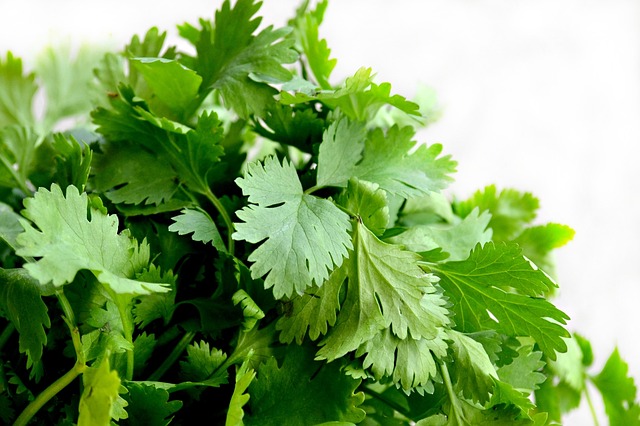
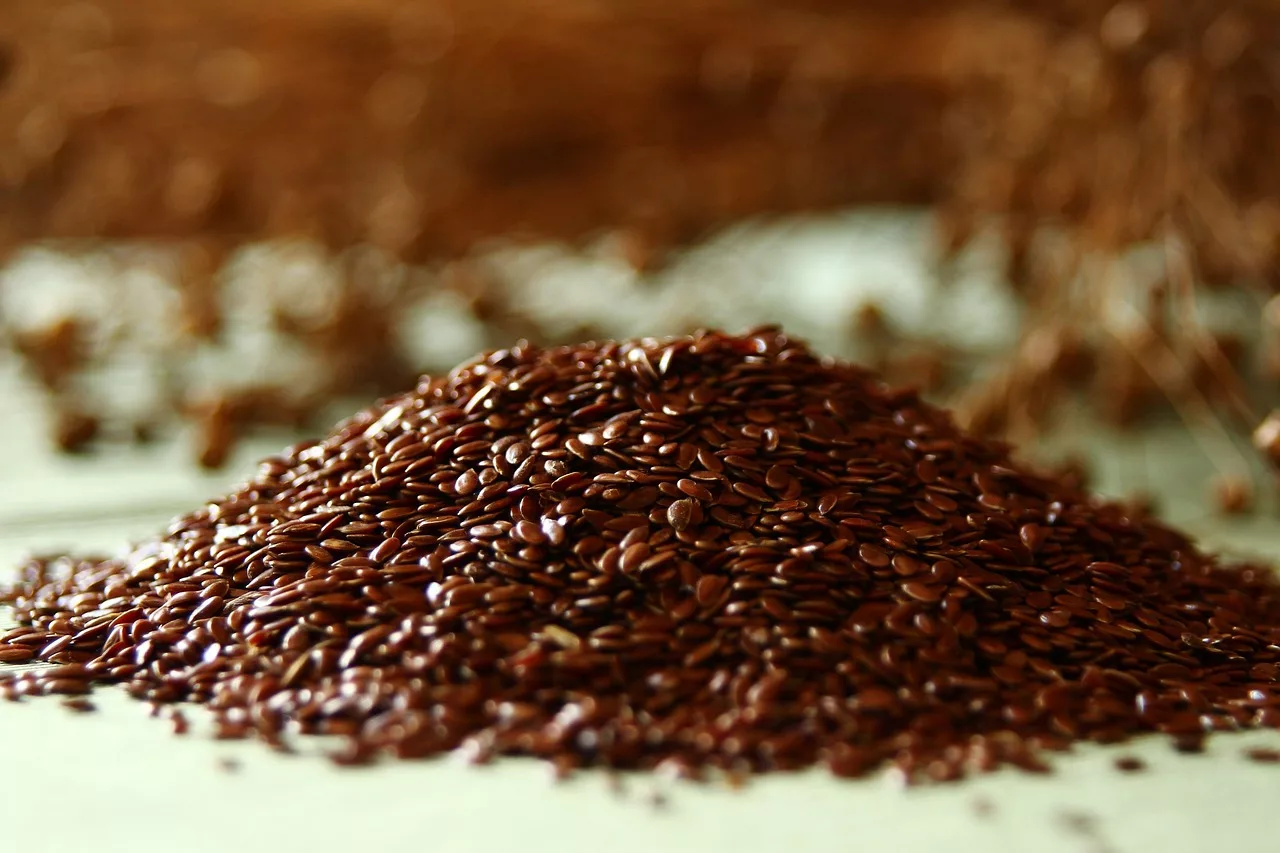
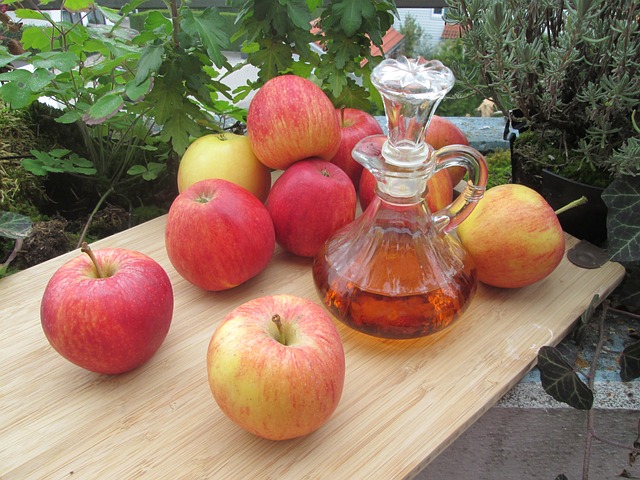
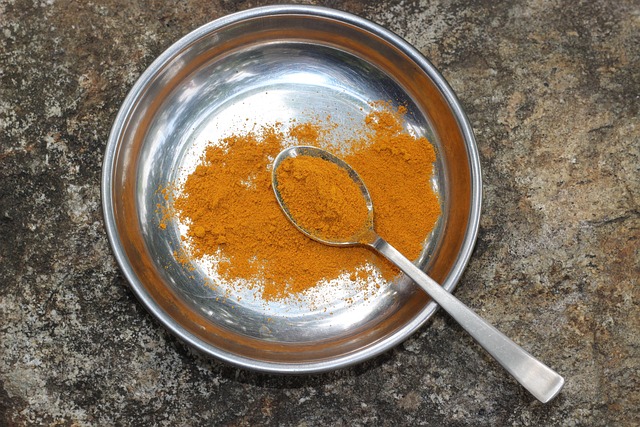
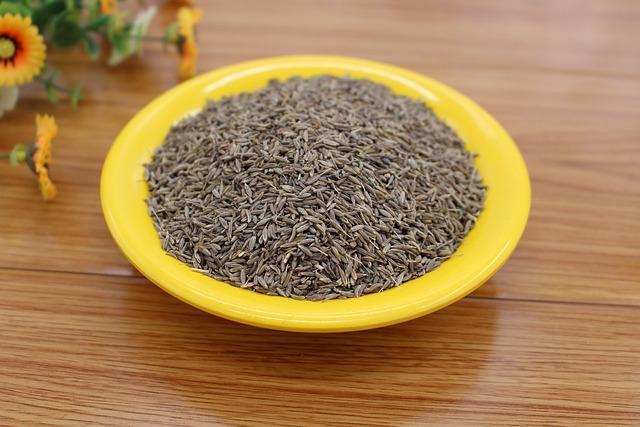
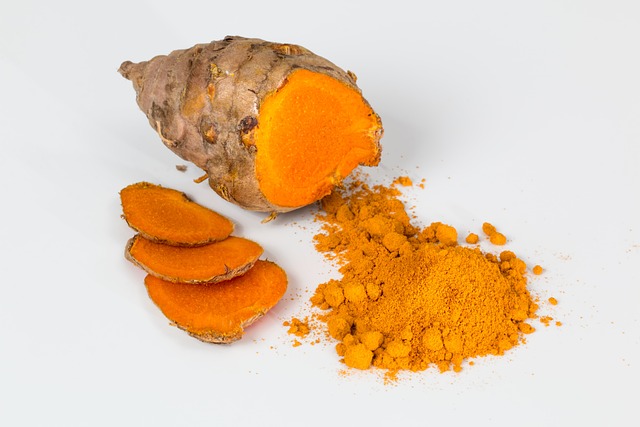
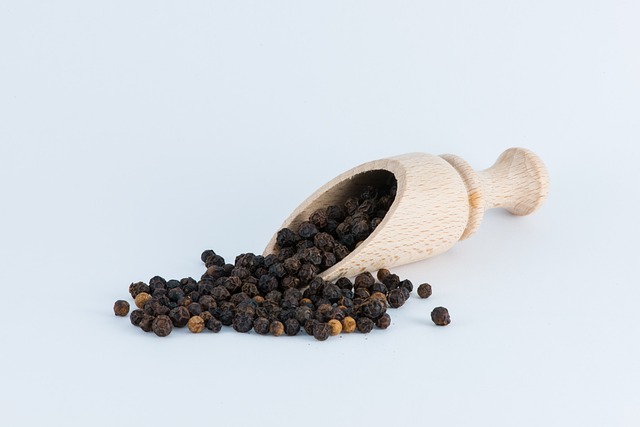
Leave a Reply